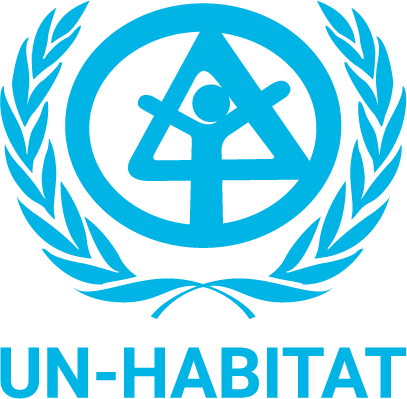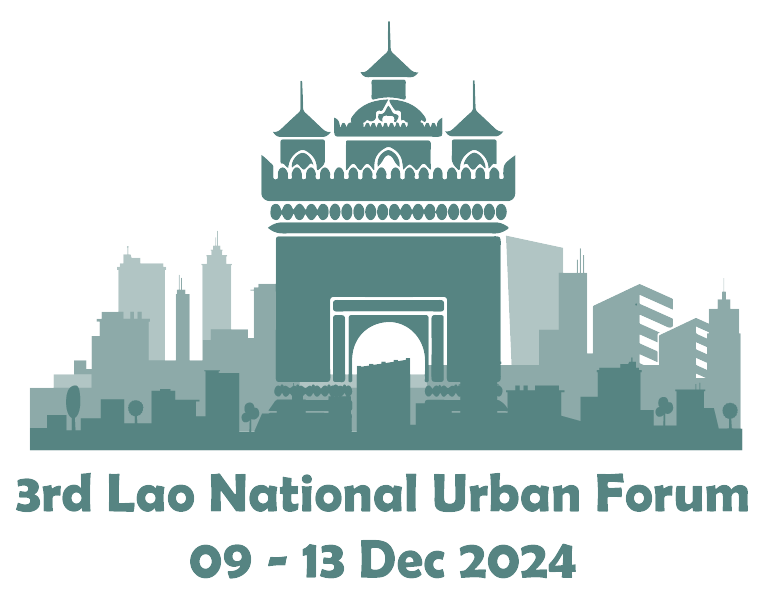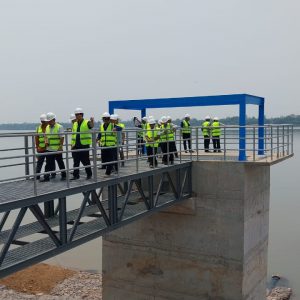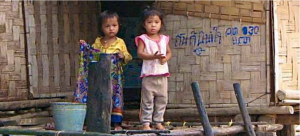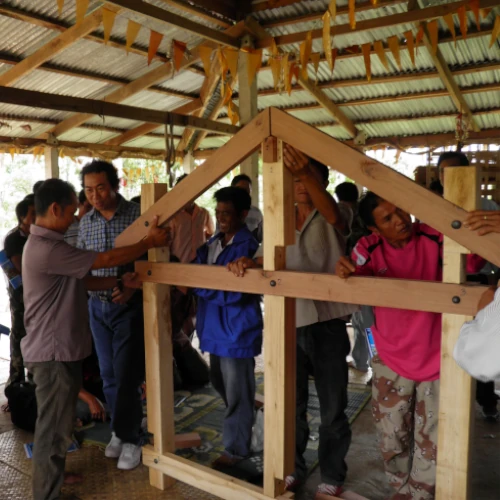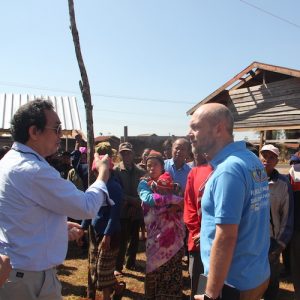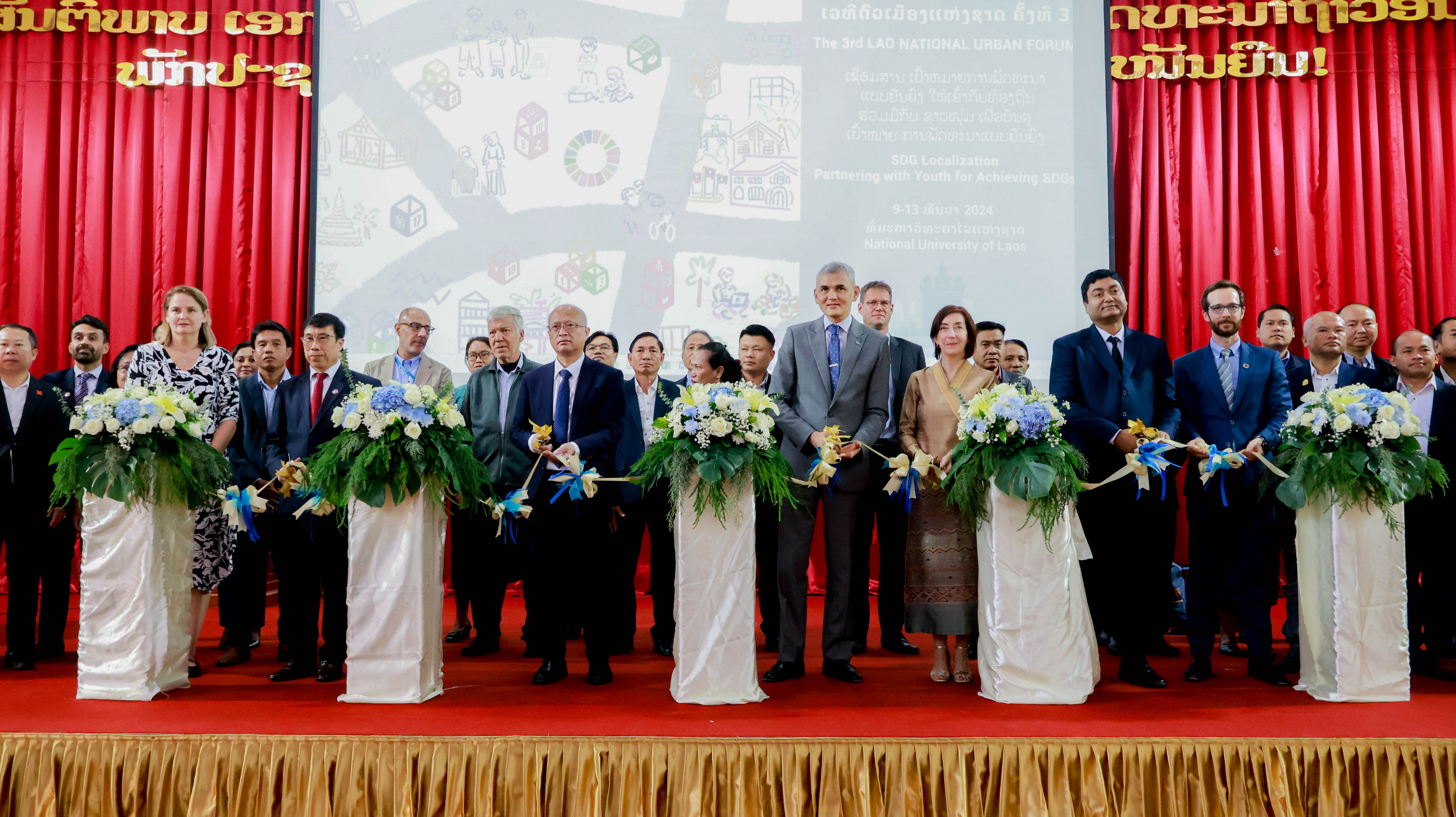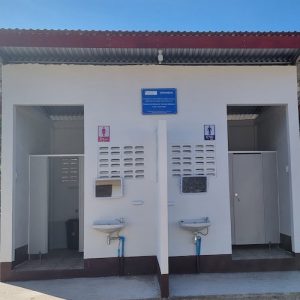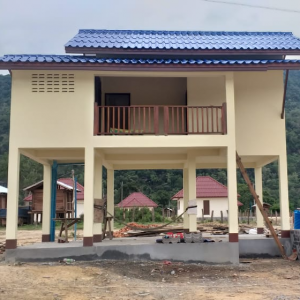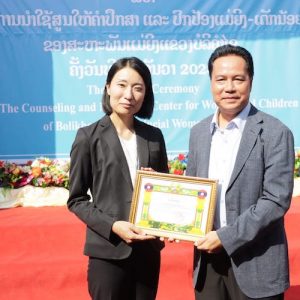Effective urban planning and urban waste management systems ensure access to safe drinking water, sanitation and hygiene, and improve the quality and sustainability of water resources worldwide.
Billions of people still lack access to safe water, sanitation, and hygiene, despite improvement in the provision of these basic services. Water scarcity is a growing problem in many parts of the world, and conflicts and climate change are exacerbating the issue. In addition, water pollution is a significant challenge which affects both human health and the environment in many countries. Achieving universal coverage by 2030 will require a 6-fold increase in current global rates of progress on drinking water, a 5-fold increase for sanitation, and an 8-fold increase for hygiene. Boosting infrastructure investment, improving cross-sectoral coordination, and addressing climate change is key to getting SDG6 back on track.
An estimated 58% of wastewater generated by households was safely treated in 2022, based on data from 140 countries and territories. Trends for domestic wastewater suggest that little, if any, progress is being made towards the target of halving the proportion of unsafe discharges by 2030.
Discover how UN-Habitat Lao PDR aligns with SDG 6 through various interventions on our website.

